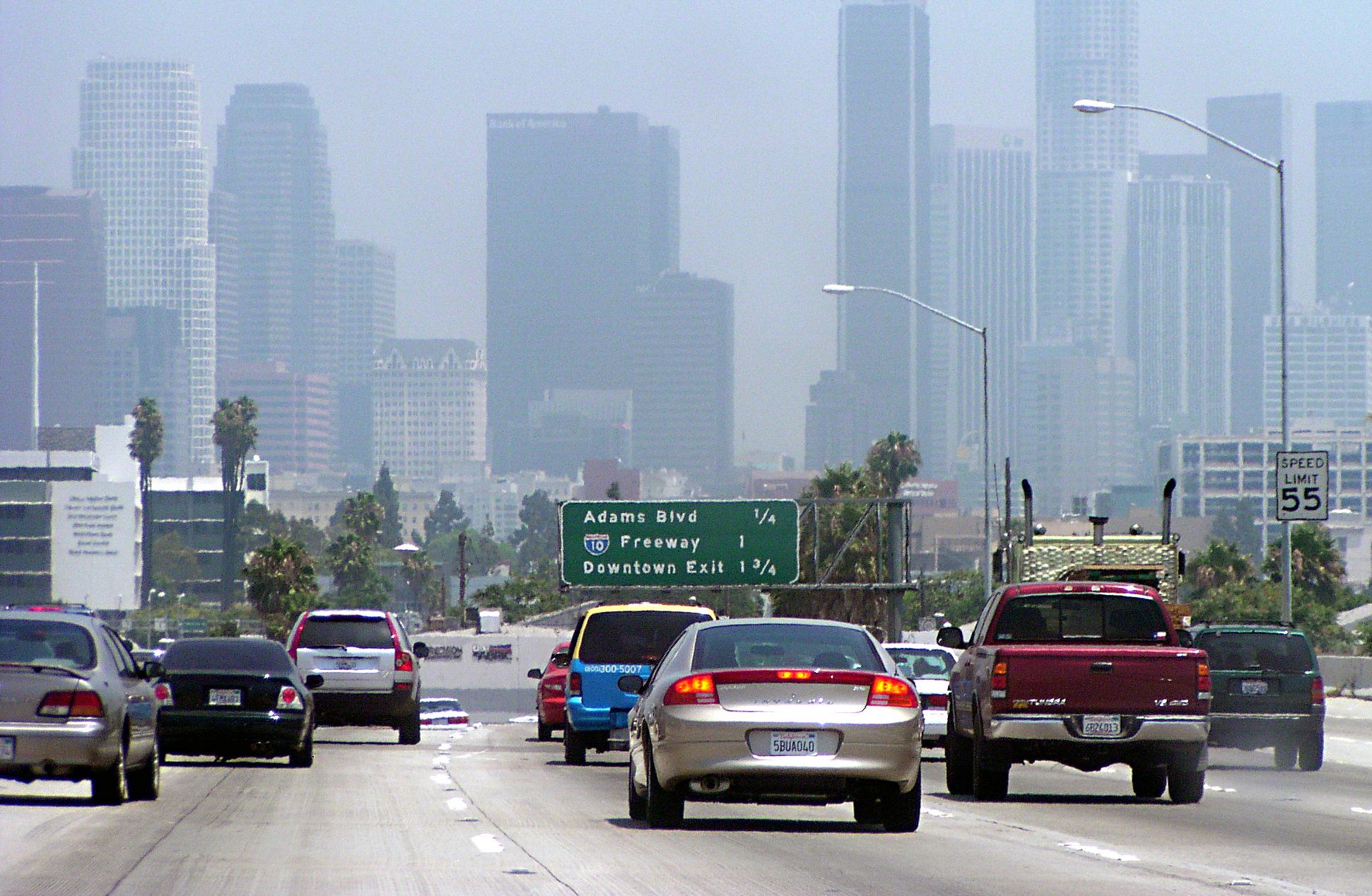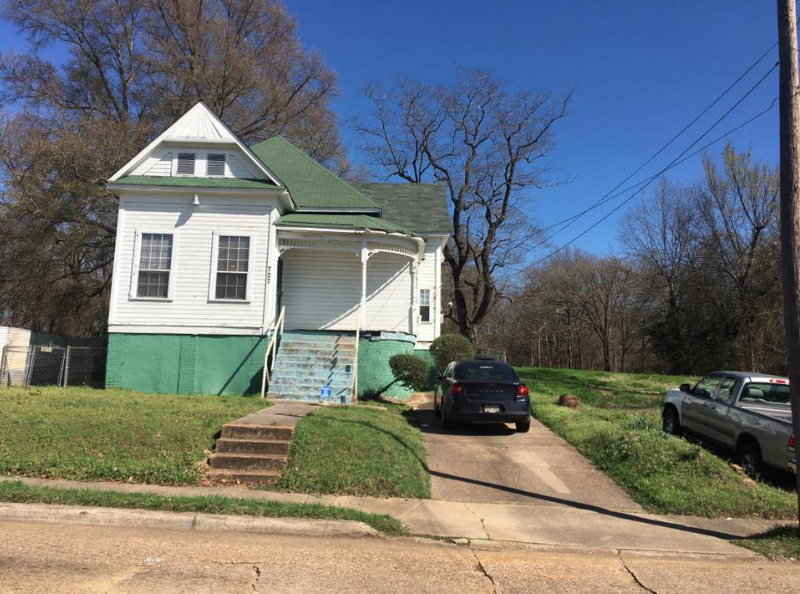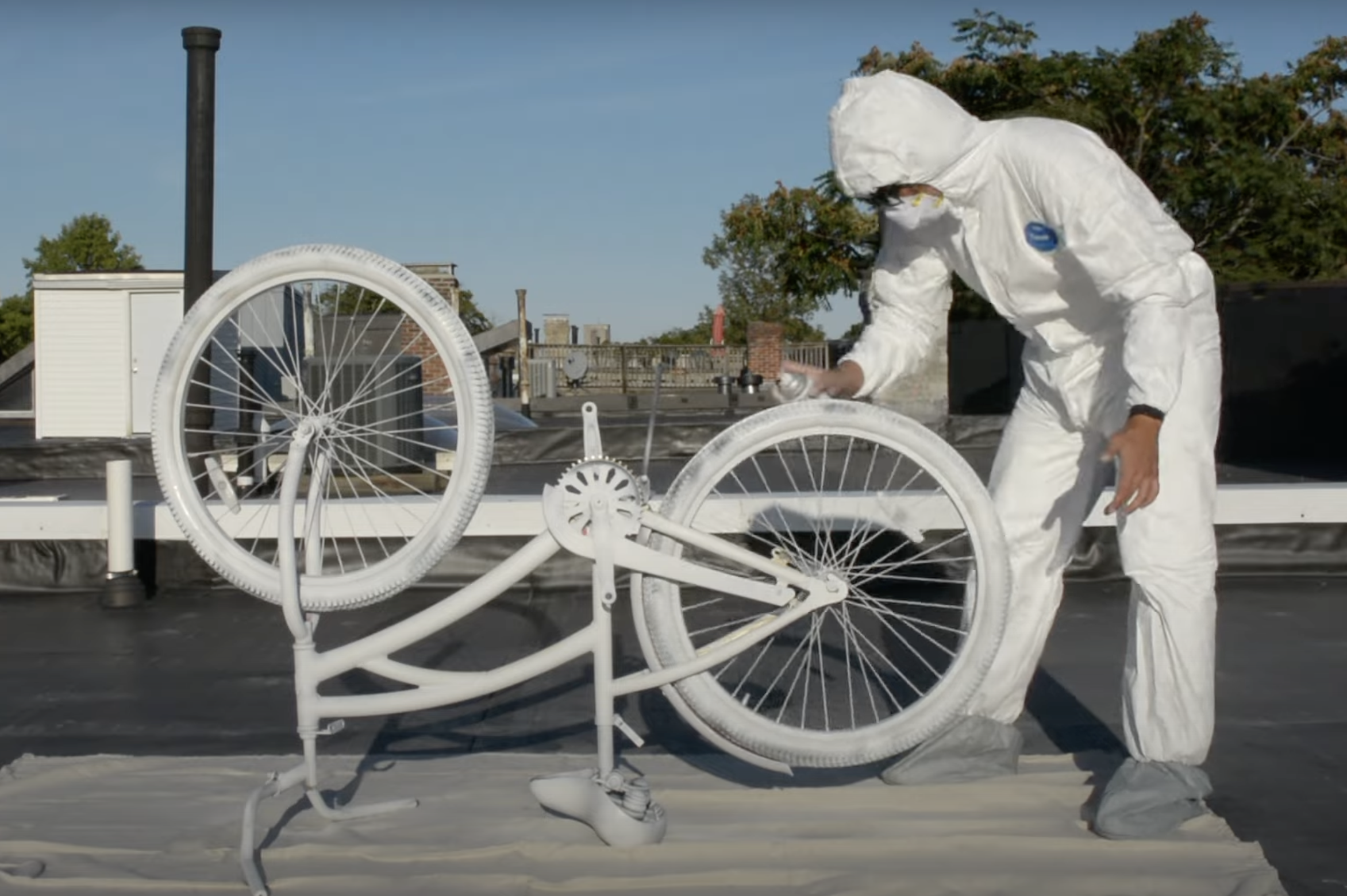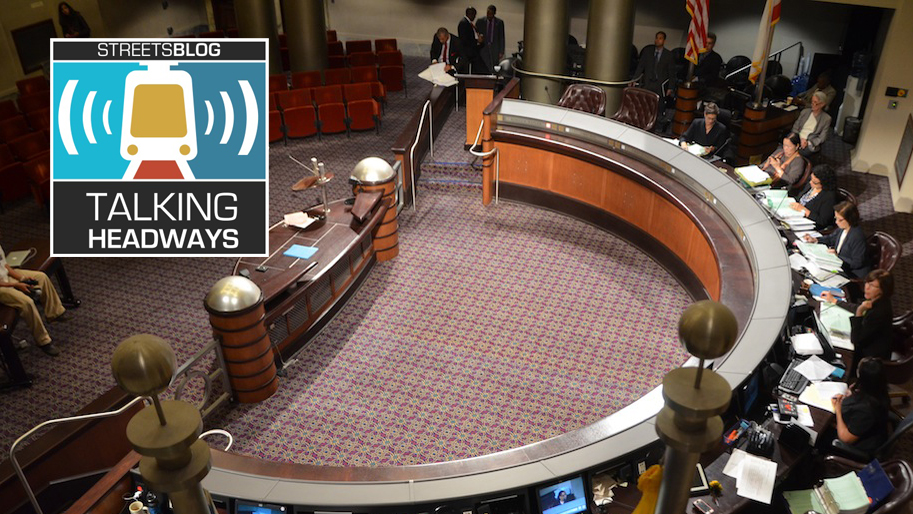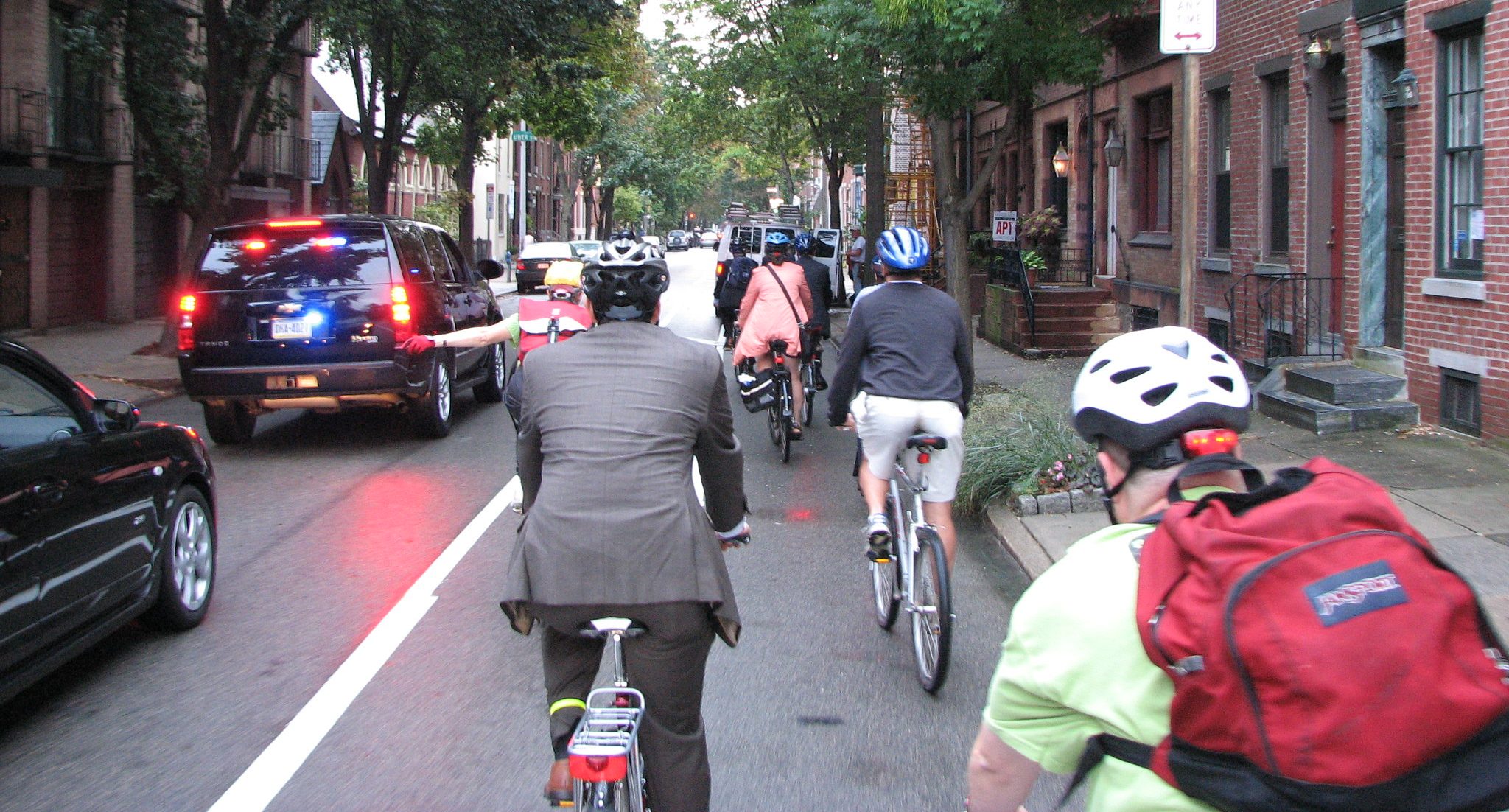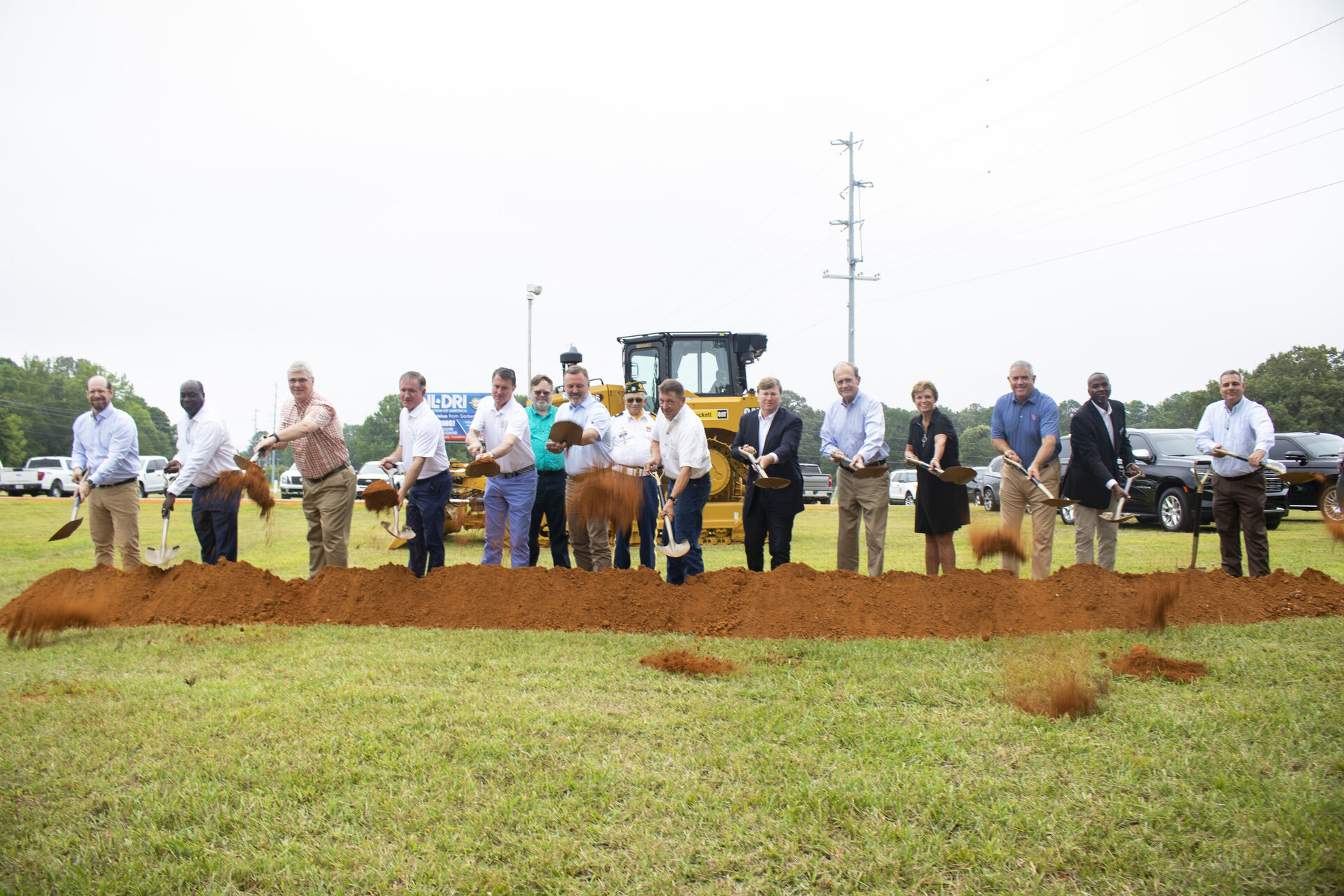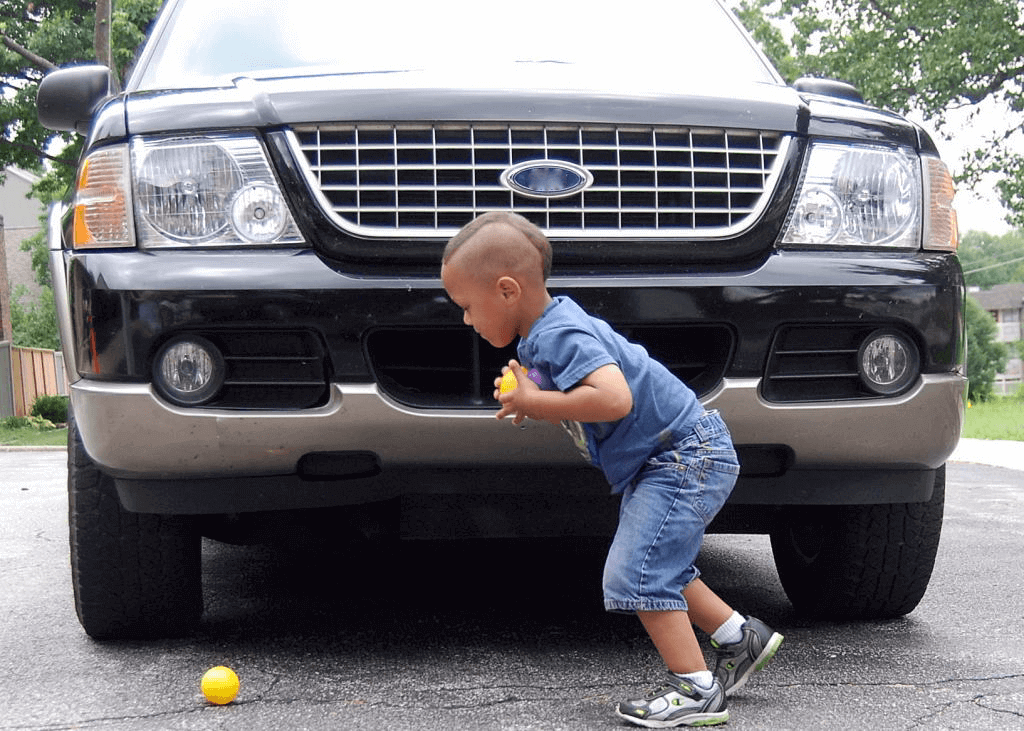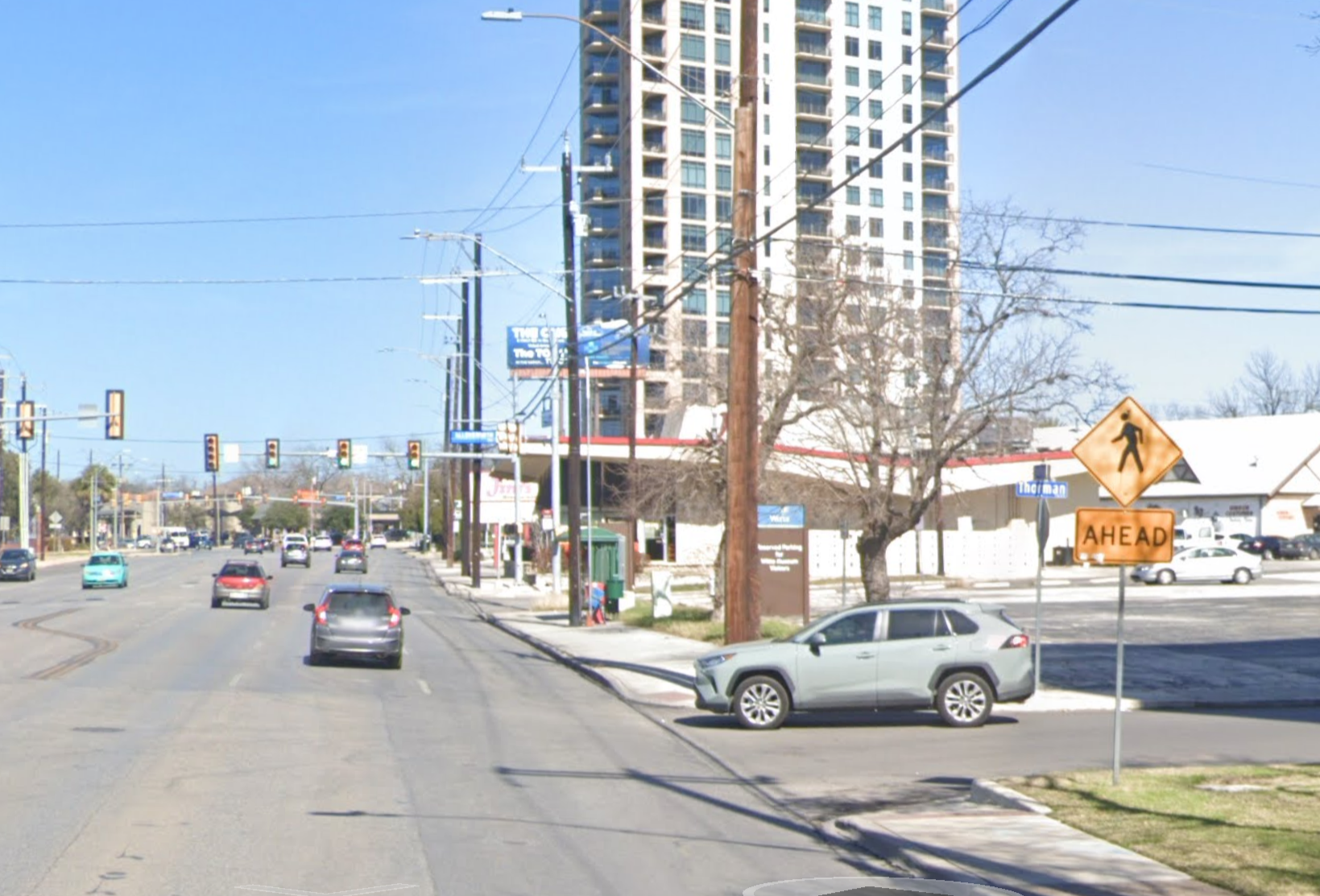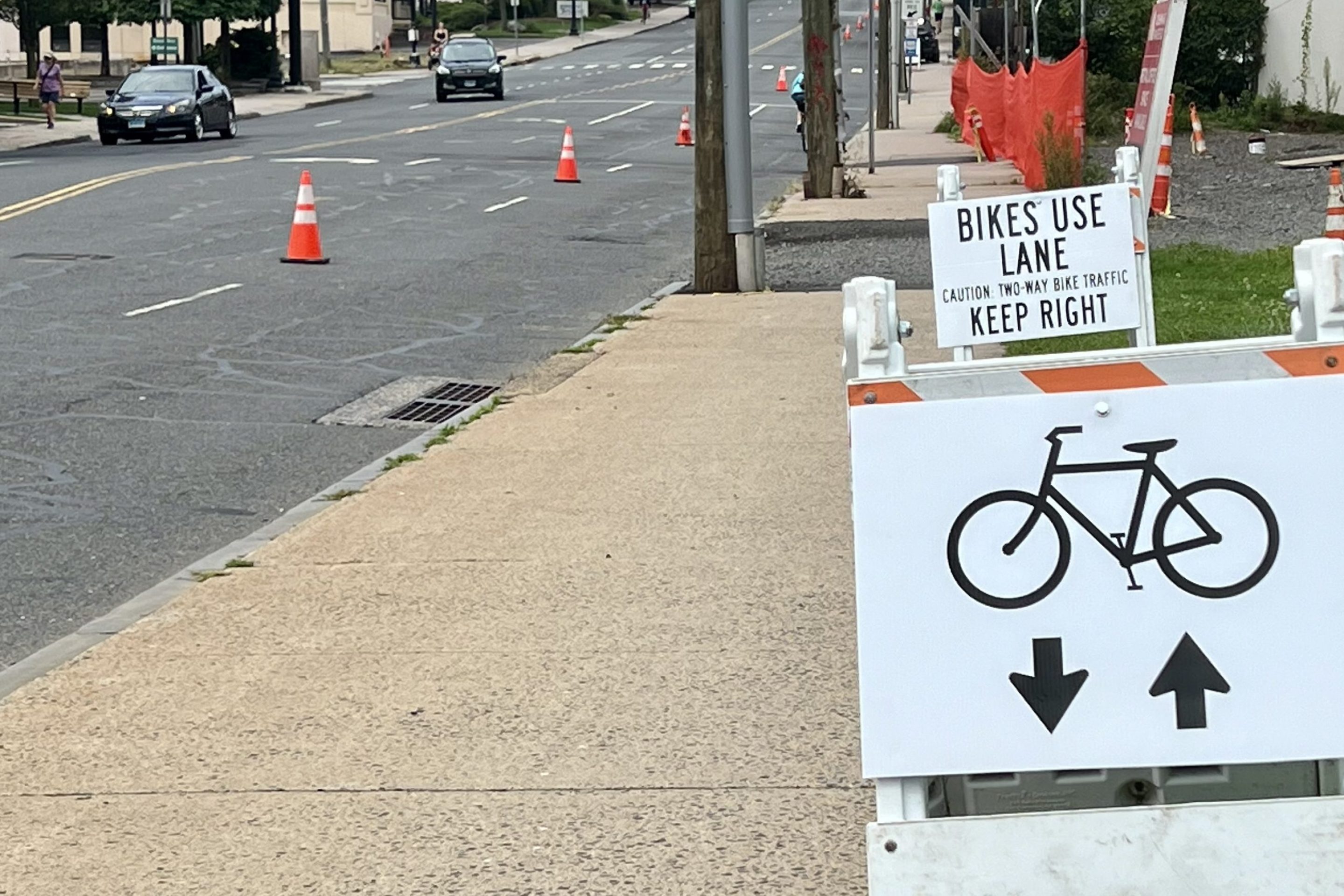Promoted
Tuesday’s Headlines Are History Repeating Itself
Grist reports a largely unknown story about how states, congressmen and labor unions tried to restrict or ban polluting vehicles in the 1960s, and almost succeeded.
Damn the Torpedoes, Friday’s Headlines Are Ahead
David Zipper has a long read in Slate about the history of freeway construction and how it compares to dams.
Friday Video: How (and Why) To Paint a Ghost Bike
Roadside memorials can make the human costs of our traffic violence crisis visible — at least until someone tears them down. That's why filmmaker made it his mission to restore two ghost bikes that had vanished from Boston roads.
Talking Headways Podcast: The Real Work of Safe Streets
Oakland City Council candidate Warren Logan on how people perceive government works, and the need for more flexible housing and streets policies.
Philly Advocates Score Initial Win In Fight for Safer Bike Lanes
The death of Dr. Barbara Friedes is spurring change on the Philadelphia road where she was killed while biking – and hopefully, elsewhere in the City of Brotherly Love, too.
Thursday’s Headlines Better Never Than Late
A bunch of road projects that were stalled for lack of funding are moving now thanks to the Biden administration...including a lot of highway expansions.
Wednesday’s Headlines Go Small
Some carmakers like Ford have finally realized it's in their interest to sell smaller electric vehicles. But will drivers buy them, and will Republicans ever accept them?
This Bill Would Finally Address Huge Cars That Kill Pedestrians
This bill would finally require regulators to do what advocates say they should have done years ago: stop giving five-star safety ratings to huge trucks and SUVs that are virtually guaranteed to kill a pedestrian on impact.
Tuesday’s Headlines Get Out of the Way
When cities try to discourage driving or make streets safer, their state governments often step in to stop them, Yale Climate Connections reports.
How to Build A Pop-Up Lane to Your City’s Next Street Festival
Popping up a protected bike lane to your city's next big event can cost more than you think — but it's worth it to build community support for more permanent infrastructure changes, a Connecticut advocate argues.
